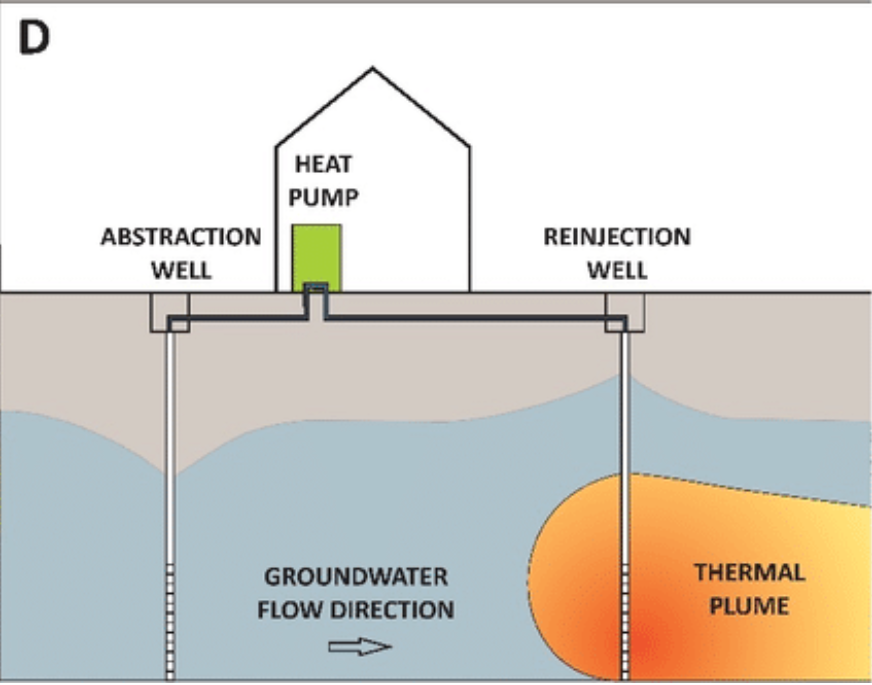Our new COVID-19 world has changed every part of work life, including for Aspect. But work does continue on at the same time, as long as it can be done safely, at a distance from others, and consistent with the intent of the current Governor’s Order. Because of the environmental work that we do, Aspect is used to working under strict health and safety procedures. One snapshot of Aspect’s work relates to what our water supply team has been doing for the state’s Public Health Lab in Shoreline, Washington.
Helping to Build a New Public Health Testing Facility
In another year, this may have been just another water supply project – bread-and-butter work for our geologists/hydrogeologists. However, this year finds Aspect’s team working on one of our state’s and the nation’s most unique sites – a Public Health lab that is analyzing COVID-19 tests, among others.
This project was in progress before the COVID-19 news hit—to help design and install a network of ground source heat pump injection and extraction wells to sustainably heat and cool their expanded laboratory efficiently and with a low carbon footprint (another Governor Initiative).
Groundwater to Sustainably Heat and Cool Facility Operations
Why is a ground source heating/cooling method more sustainable? We can use the constant groundwater temperature of about 55 degrees as a way to heat and cool buildings through a mechanical device called a heat pump. The groundwater and heat pump use very little mechanical energy compared to the conventional alternative: a fuel-based boiler and an electrical or water-intensive chiller/air conditioner to heat and cool the laboratory.
Open-Loop Ground Source Heat Pump System
The open-loop ground source heat pump system starts with the extraction of groundwater from wells designed and installed by Aspect. The groundwater is then pumped through the heat exchanger then injected back to the ground. No water is lost. The 55 degree ambient temperature of groundwater provides a heat source to heat the lab in the winter and a heat sink to cool the lab in the summer. This system replaces the conventional carbon-based heating and cooling system to reduce carbon footprint and save money in energy costs over a system’s lifespan.
Developing a High-Yield Well in the Middle of the City
The complexities of local Seattle geology can sometimes make high-yield well (i.e., 100+ gallons per minute) development a challenge locally, yet the project team has seen encouraging initial results. Aspect oversaw drilling of a 300-foot-deep boring and conducted a series of tests to assess potential well yields and thermal properties of the ground. After wrapping up well drilling and testing recently, our water supply team is analyzing the hydraulic and thermal modeling, with the goal to have heating design recommendations done by June and delivered to our partner, McKinstry, the mechanical engineering leader of the project team.
Water Supply Testing of Well at the State’s Public Health Lab in April 2020


